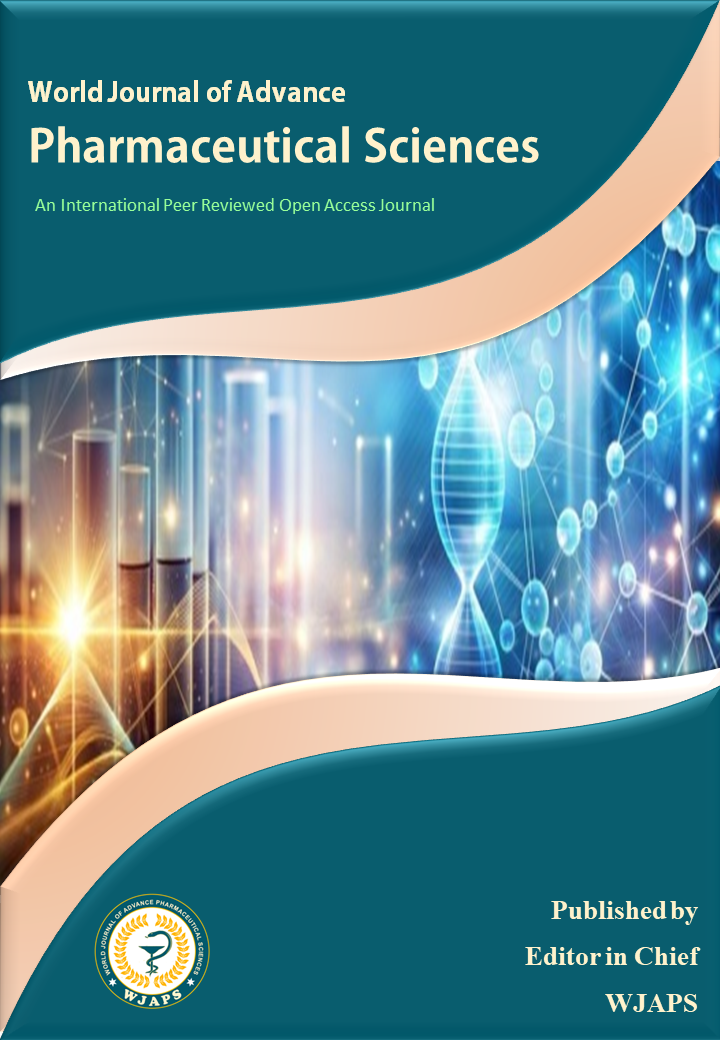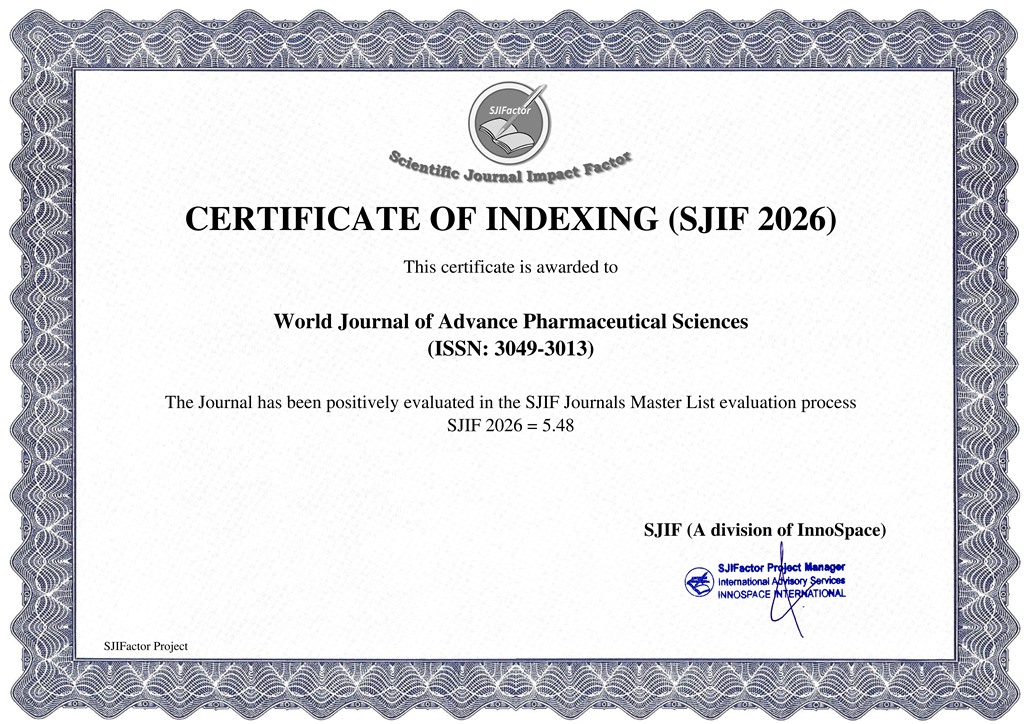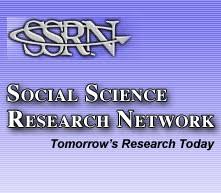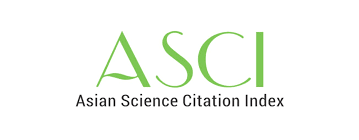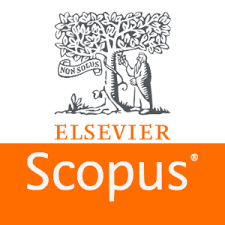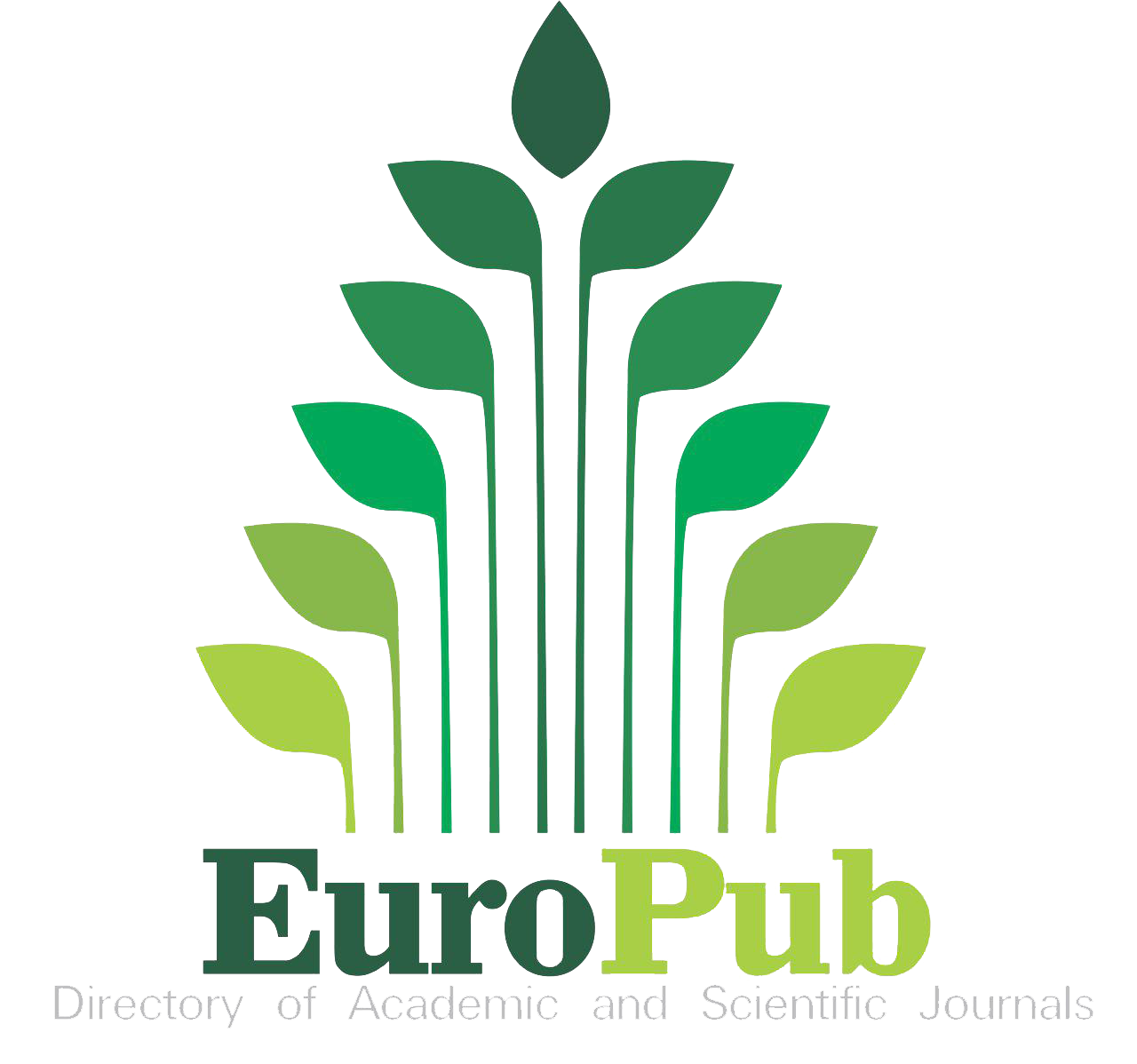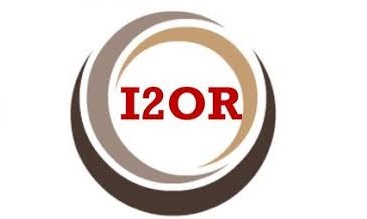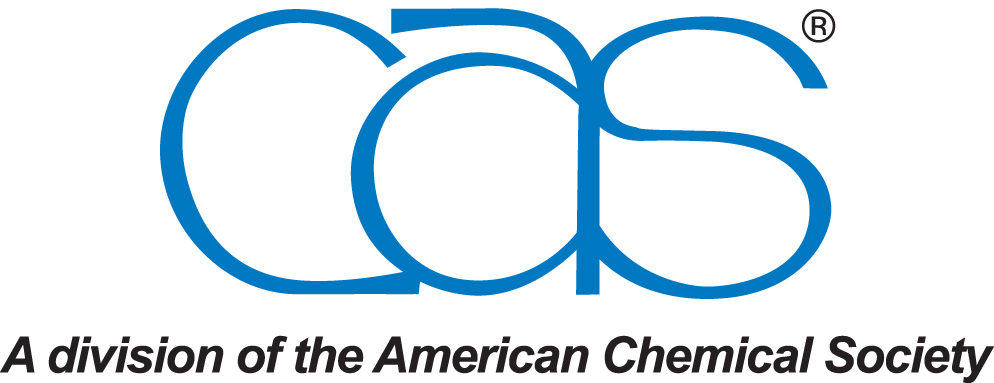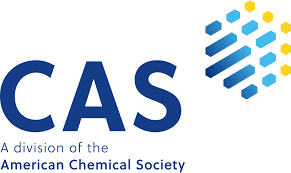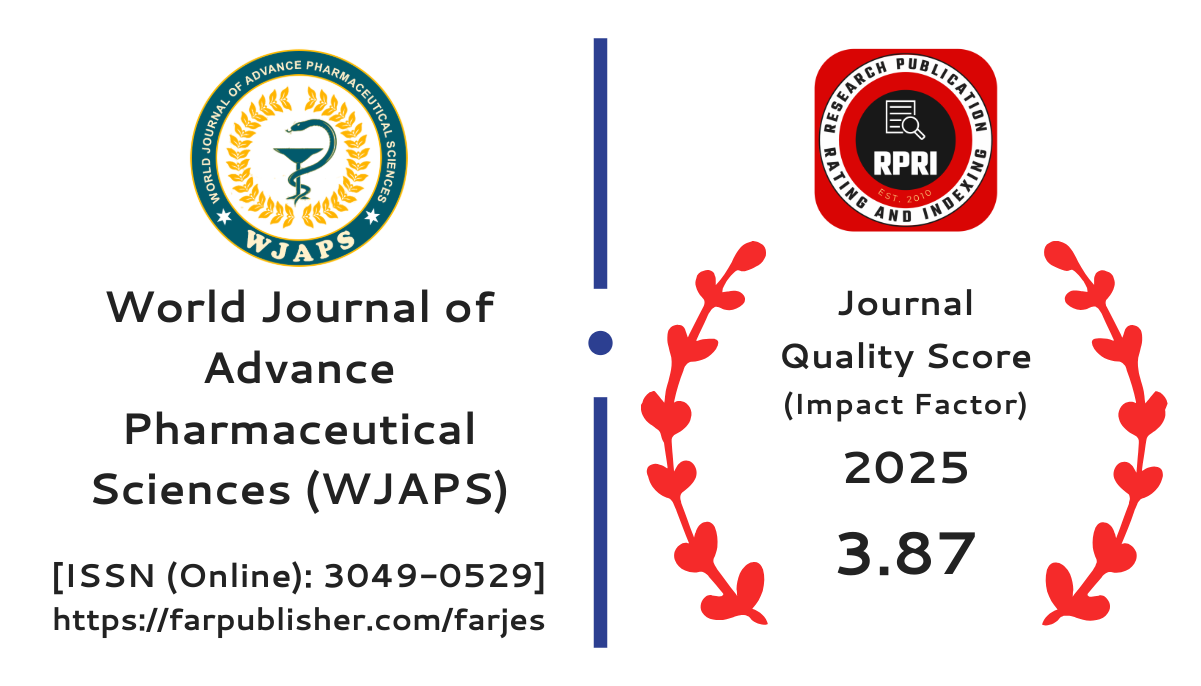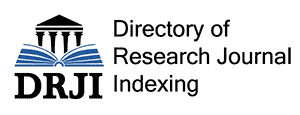AYURVEDA UNDERSTANDING AND MANAGEMENT OF NOCTURNAL ENURESIS (SHAYYA MUTRA)
Dr. Sushant Bhandari*, Dr. Minakshi Paneru, Prof. Dr. Nisha Kumari Ojha and Dr. Amit Karna
Background: Nocturnal enuresis, or Shayya Mutra in Ayurveda, is the involuntary passage of urine during sleep beyond the age at which continence is normally achieved. It is common in pediatric practice and impacts the child’s self-esteem and family dynamics. Conventional medicine emphasizes behavioral and pharmacological therapies, while Ayurveda offers a unique psychosomatic perspective integrating Satwavajaya Chikitsa (mind-control therapy), diet, herbal medicines, and lifestyle interventions. Methods: A narrative review and synthesis of classical Ayurvedic concepts, modern diagnostic criteria (DSM-5, ICCS), and evidence-based behavioral, pharmacological, and Ayurvedic perspective, its pathophysiology was analyzed to present a comprehensive Ayurvedic understanding of nocturnal enuresis and explore integrative management strategies. Results: Nocturnal enuresis is classified into primary and secondary forms. Ayurveda attributes its pathogenesis to Prana Vata, Apana Vata Dushti, and Rajo Guna vitiation of the mind, highlighting psychosomatic factors. Management combines Satwavajaya Chikitsa (psychotherapy), dietary modifications, bladder training, herbal formulations like Jatiphala Churna and Bimbi Moola, and modern adjuncts like alarm therapy and Desmopressin. Conclusion: Integrating behavioral therapies with Ayurvedic principles addresses both physiological and psychosomatic roots of Shayya Mutra. This holistic approach can significantly improve the child’s continence, self-esteem, and family well-being.
[get full article]
